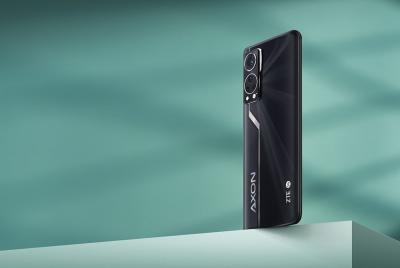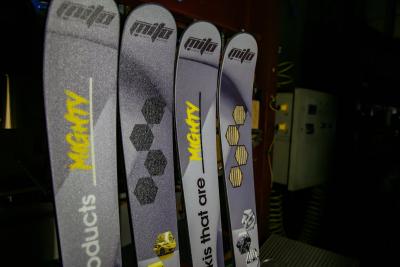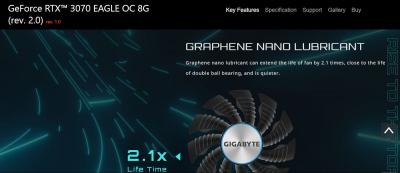Graphene-enhanced sports gear by Win&Win used at the Tokyo Olympics
Korean archer Kim Je-deok recently won two gold medals at the 2020 Summer Olympics in Tokyo, using a graphene-enhanced bow.

The bow was the creation of Korean sports equipment manufacturer Win&Win. The Company's' WIAWIS brand of bows also includes aluminum bows, and the athletes reportedly chose between aluminum and graphene bows based on their preferences.




